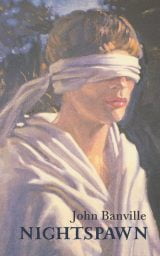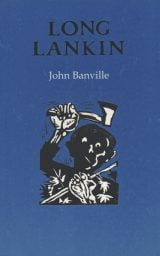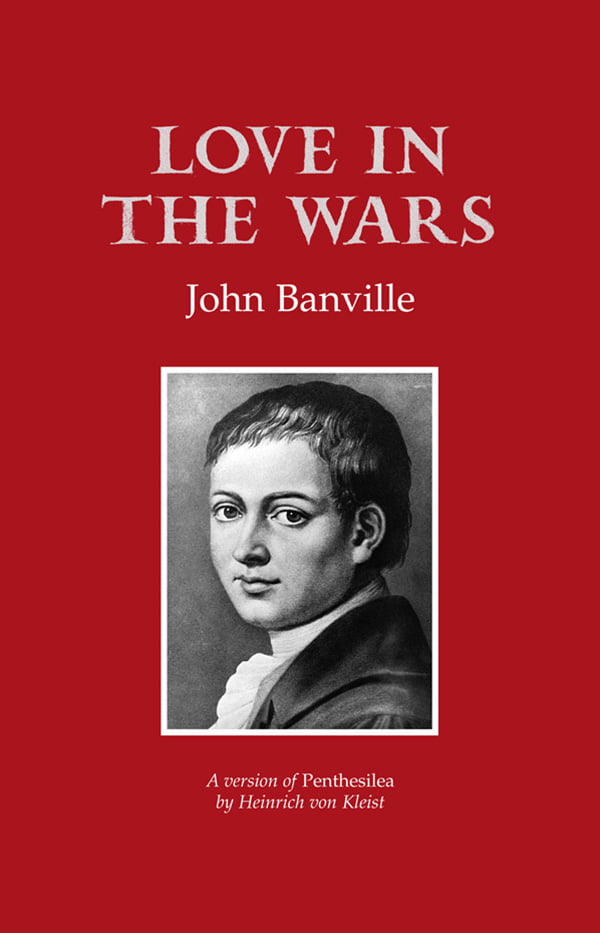John Banville
Regarded as the most stylistically elaborate Irish writer of his generation, John Banville is a philosophical novelist concerned with the nature of perception, the conflict between imagination and reality, and the existential isolation of the individual.
— Dr Nick Turner, British Council Literature

John Banville was born in Wexford in 1945 and now lives in Dublin. For a time, he worked for Aer Lingus, an opportunity that enabled him to travel widely. He then worked for a number of years as a journalist with the Irish Press newspaper, and, from 1988, as literary editor of the Irish Times.
His first book, Long Lankin, was published in 1970 (revised edition, Gallery Books, 1984). He has published fourteen novels: Nightspawn, Birchwood, Doctor Copernicus, Kepler, The Newton Letter, Mefisto, The Book of Evidence, which was shortlisted for the 1989 Booker Prize and which won the 1989 GPA Award, Ghosts, Athena, The Untouchable, Eclipse, Shroud, The Sea (winner of the 2005 Booker Prize) and The Infinities. In 2016 he published Time Pieces: A Dublin Memoir. He also publishes crime novels under the pseudonym Benjamin Black.
Awards include a Lannan Literary Award, the Man Booker Prize (2005), the Franz Kafka Prize in 2011 and the 2013 Irish PEN Award for Outstanding Achievement in Irish Literature. Other awards include the Allied Irish Banks Prize, the Macauley Fellowship, the American-Irish Foundation Literary Award, the James Tait Black Memorial Prize, the Guardian Prize and the Guinness Peat Aviation Award.
The Gallery Press has published Long Lankin, Nightspawn and his versions of plays by Heinrich von Kleist, The Broken Jug (1994), God’s Gift (2000) and Love in the Wars (2005). Conversation in the Mountains, a special limited edition radio play, with drawings and paintings by Donald Teskey was published in 2008.
John Banville Titles
-

Nightspawn
€14.95 -

Love in the Wars
€11.50 – €18.50 -

God’s Gift
€11.50
Love in the Wars
John Banville’s third foray as a dramatist is based on Penthesilea (1908), a tragedy by Heinrich von Kleist (1777-1811), and embraces the German Romantic’s variation on the conventional story of Achilles’ slaughter of the Amazon queen. With surprising verve, Banville recounts the emotional turbulence and conflicting impulses of a heroine overcome by love.


